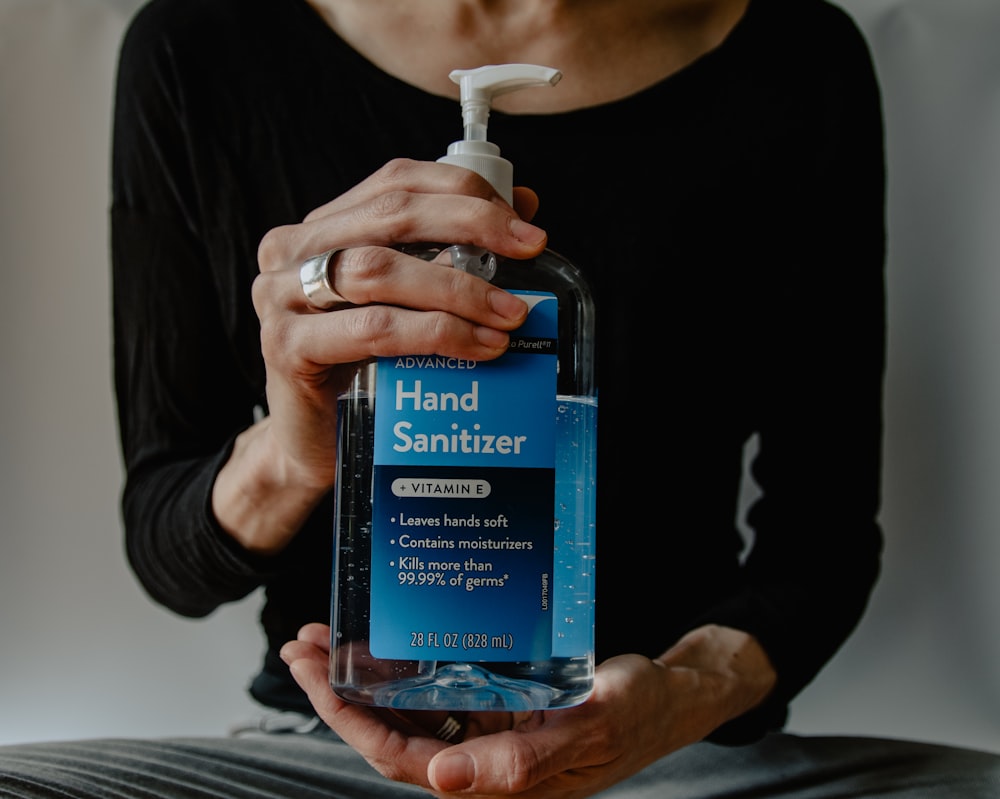Long COVID Tips
Coping with Long COVID Essential Recovery Strategies
Introduction
For those grappling with the lingering effects of COVID-19, commonly referred to as Long COVID, the journey to recovery can be challenging and uncertain. However, with the right strategies and support, it’s possible to cope with the symptoms and gradually reclaim your health. In this guide, we’ll explore essential recovery strategies to help you navigate the complexities of Long COVID.
Understanding Long COVID
Long COVID, also known as post-acute sequelae of SARS-CoV-2 infection (PASC), refers to a range of symptoms that persist for weeks or even months after the acute phase of COVID-19 has passed. These symptoms can vary widely and may include fatigue, shortness of breath, brain fog, muscle aches, and more. Understanding the nature of Long COVID is the first step in developing effective coping strategies.
Rest and Pace Yourself
One of the most important recovery strategies for Long COVID is to prioritize rest and pace yourself. Listen to your body and avoid overexertion, as pushing yourself too hard can exacerbate symptoms and prolong recovery. Allow yourself plenty of time to rest and recharge, and don’t hesitate to modify your daily activities to accommodate your energy levels.
Stay Hydrated and Nourished
Proper hydration and nutrition are essential for supporting your body’s recovery from Long COVID. Make sure to drink plenty of water throughout the day to stay hydrated, and focus on eating a balanced diet rich in fruits, vegetables, lean proteins, and whole grains. Avoid excessive consumption of caffeine and alcohol, as these can dehydrate the body and exacerbate symptoms.
Manage Stress and Anxiety
Living with Long COVID can be emotionally taxing, leading to feelings of stress, anxiety, and frustration. It’s important to prioritize your mental health and find effective coping mechanisms to manage these emotions. Practice relaxation techniques such as deep breathing, meditation, or yoga to help calm your mind and reduce stress levels.
Seek Support and Connection
Navigating Long COVID can feel isolating, but you’re not alone on this journey. Seek out support from friends, family members, and healthcare professionals who can offer understanding, encouragement, and practical assistance. Consider joining online support groups or communities where you can connect with others who are experiencing similar challenges.
Gradually Increase Activity Levels
While rest is important for recovery, it’s also beneficial to gradually increase your activity levels as tolerated. Start with gentle activities such as short walks or light stretching exercises, and gradually build up your endurance over time. Listen to your body and stop if you experience any worsening of symptoms.
Work with Healthcare Professionals
Consulting with healthcare professionals who specialize in Long COVID can provide valuable guidance and support. Work closely with your healthcare team to develop a personalized treatment plan that addresses your specific symptoms and needs. Be proactive in advocating for yourself and seeking out the care and resources that you require.
Explore Alternative Therapies
In addition to conventional medical treatments, you may find relief from Long COVID symptoms through alternative therapies such as acupuncture, massage therapy, or herbal supplements. While more research

